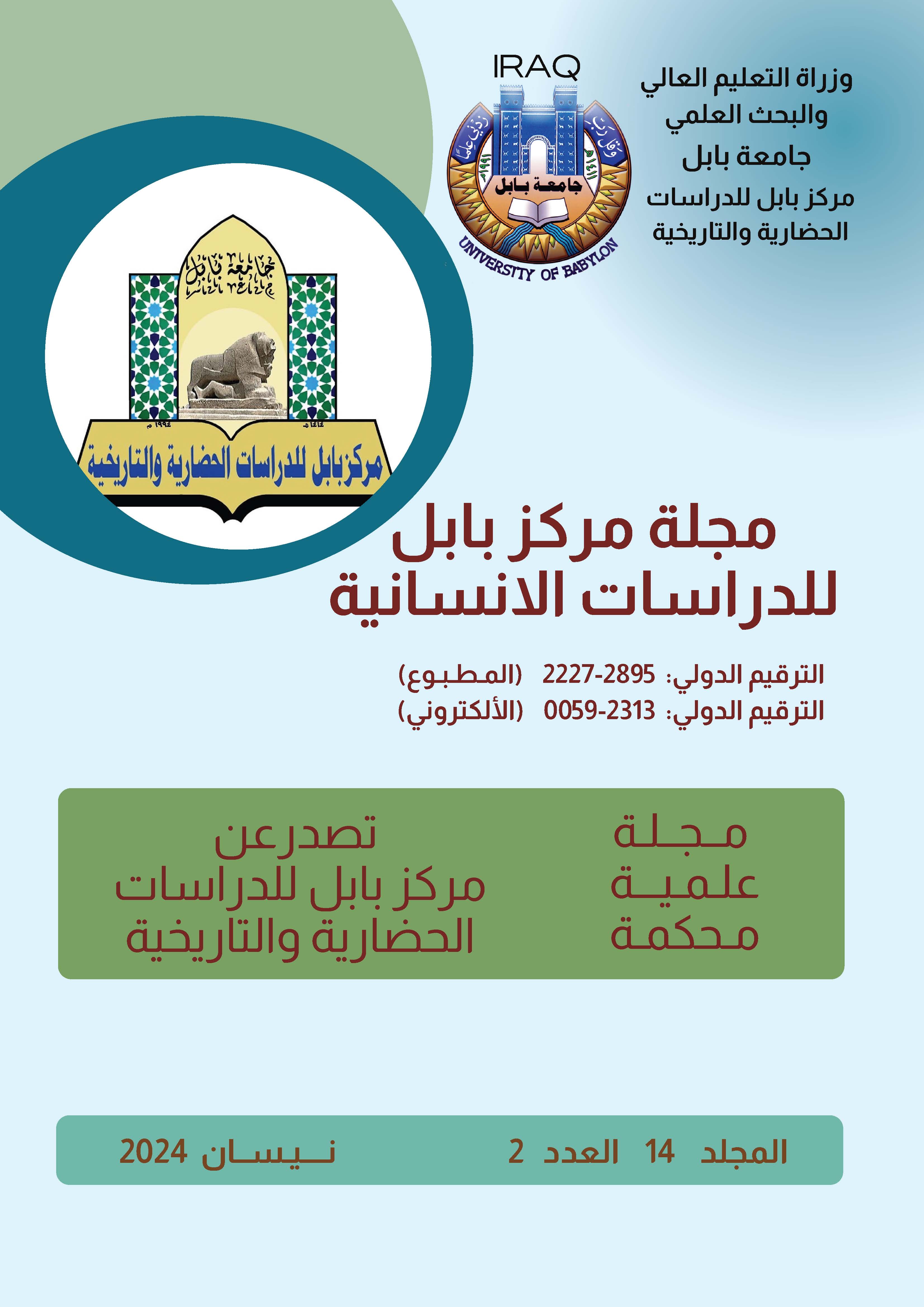" الطبعُ والصنعةُ ، من منظورِ كتّابِ المقالةِ الإحيائيينَ "
الكلمات المفتاحية:
الطبع، الصنعة، الأدب الحديث، المقالة، مدرسة الإحياءالملخص
تهدف هذه الدراسة إلى بيان مفهوم الطبع والصنعة لدى كتّاب المقالة الإحيائيين. ومعلوم أنّ الحديث حول هذين المصطلحين لم يكن بالأمر المستحدث، فقد تناولهما النقاد منذ القدم بدءًا بالجاحظ وانتهاء بآخر ناقد منهم. أمّا عصرنا الحديث، فقد حفل بالكثير من النقاد الذين تصدّوا لهذه القضية، ومنهم أدباء مدرسة الإحياء. الذين يتّفقون في معالجتهم لهذين المصطلحين مع أسلافهم الأوائل في تقديم الطبع على الصنعة؛ فقد حكم أغلبهم على التقديم ــ أعني الطبع على الصنعة ــ وليس معنى هذا أنّهم يقلّلون من شأن الصنعة أو يحطّون من مكانتها الأدبية، فهي محمودة لا محالة إن جاءت عفو الخاطر دون كدّ قريحة أو تعمّل، بدليل أنَّ النقاد القدامى لم يأخذوا على شعراء الحوليات تنقيحهم وتهذيبهم لأشعارهم؛ بل عدّوهم من شعراء الفحولة. كما أنّ هذين الركنين لم ينفرد بهما فنٌ دون آخر؛ إذ اشترك فيهما الشعر والنثر على حدٍّ سواء. والملاحظ على كتّاب المقالة في مدرسة الإحياء أنّهم انقسموا بين أديب مطبوع وآخر مصنوع، فمنهم من لم يتقيّد بالصناعة؛ إذ عهد عنه أنّه يسرد كلماته كيفما ترد دون تشذيب أو تلميع، وخير من يمثّل هذه الطبقة المنفلوطي، بينما اصطفّ بعضهم مع تيّار الصنعة، فأخذ يهندس عباراته وينمّقها؛ حتّى تخرج بأفضل صورة كما حدث مع الكاتب الأنيق أحمد حسن الزيّات، الذي كان مولعا بدقّة اللفظ وموسيقى الجملة، وكان يعمد إلى السجع من وقت لآخر دون كلل ولا ملل. أبرز من عالج المصطلحين المهمين من أدباء مدرسة الإحياء أمير البيان شكيب أرسلان ومصطفى المنفلوطي ومصطفى صادق الرافعي وعبد العزيز البشري وأحمد أمين وأحمد حسن الزيّات، إذ زخرت مقالاتهم بالكثير من الآراء النقدية التي عالجتهما وبينت مفهومهما ومكانتهما.المراجع
التنزيلات
منشور
2024-04-30
إصدار
القسم
Articles







